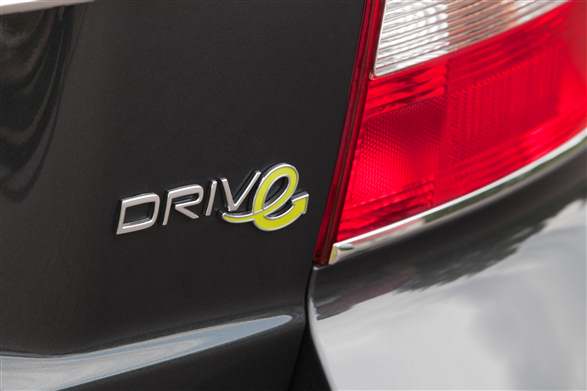Volvo is celebrating good results in a test of CO2 emissions reductions.
The latest figures released by T&E - the European Federation for Transport and Environment - which has published data annually for the past six years, revealed that Volvo cut its CO2 emissions on new car sales by an average of 9% in 2010. In comparison, the analysis which looked at Europe's eight largest manufacturers, found that the average reduction figure was between two and six percent.
Volvo has made a concerted effort to focus on reducing its CO2 emissions in recent times with its "DRIVe towards zero" strategy, through which it markets a range of fuel efficient diesel engines. Popular Volvo DRIVe models include the V50 DRIVe which emits 99g/km, and the V70 DRIVe with emissions of 119g/km. Increased sales of DRIVe models in the Volvo range are credited with its impressive performance in the T&E standings.
Volvo also has plans in the pipeline for both electric hybrid power, and more efficient engines powered by conventional and alternative fuels, as part of a stated aim to reduce its CO2 emissions on new car sales to an average of 95g/km by 2020. This ambition is, according to the manufacturer's Senior Vice President for Research and Design Peter Merten, "entirely feasible."
The European Federation for Transport and Environment study found that the current average CO2 emissions for new cars sold in Europe is 140g/km, after falling by 3.7 percent in 2010.
Related used car searches
Search used Volvo








